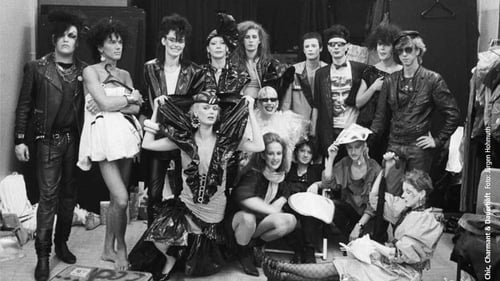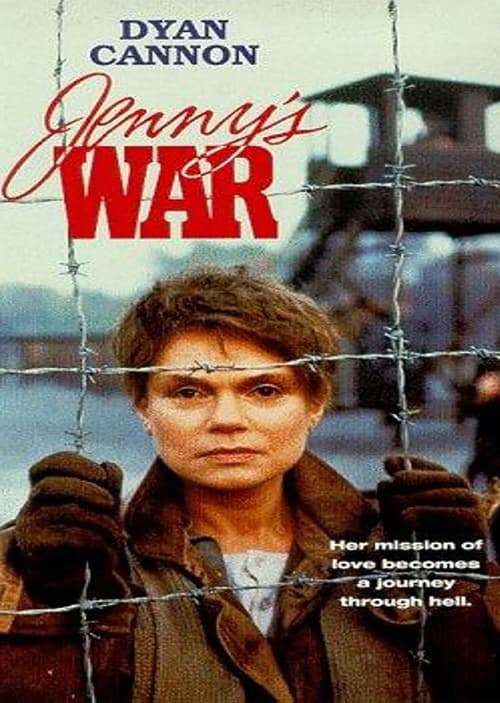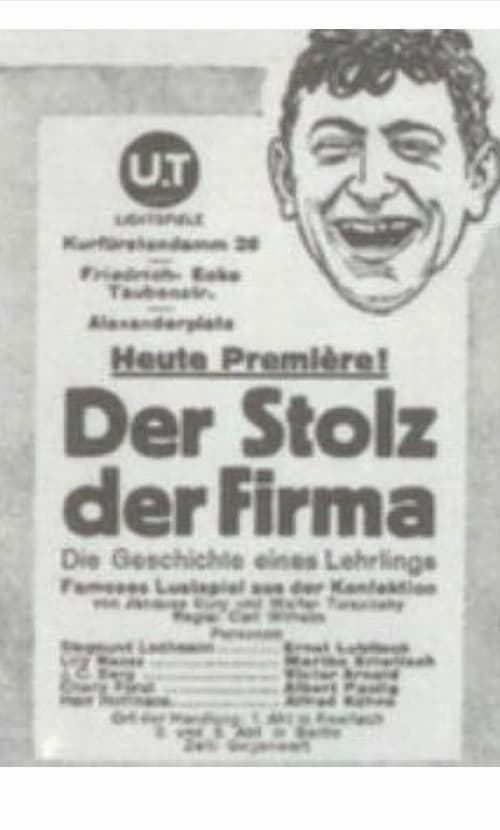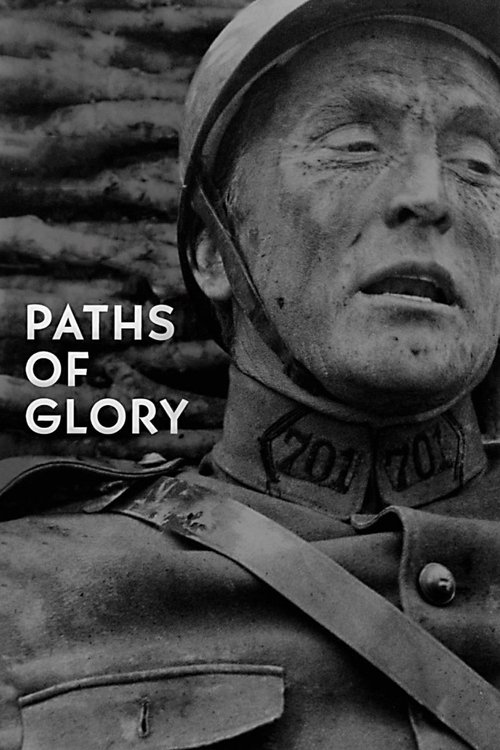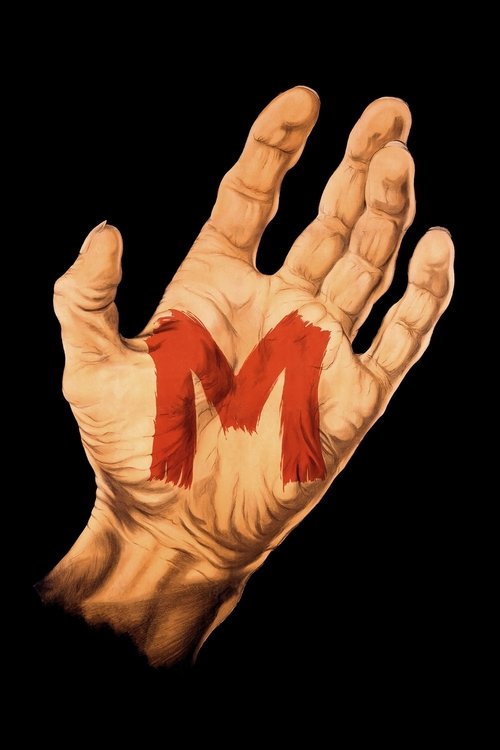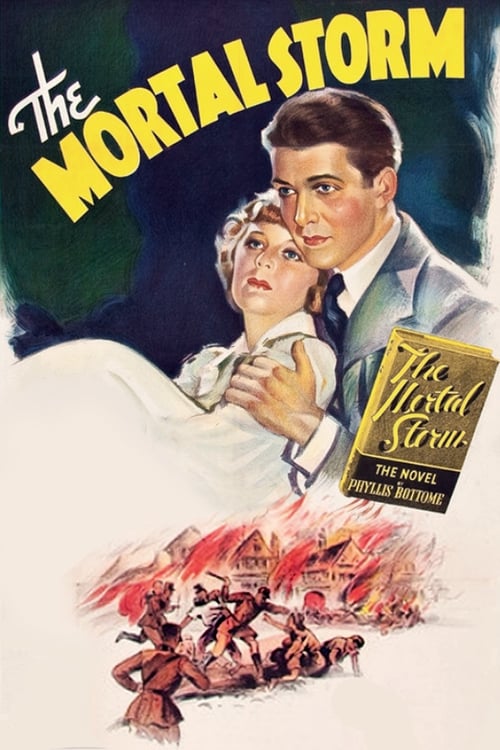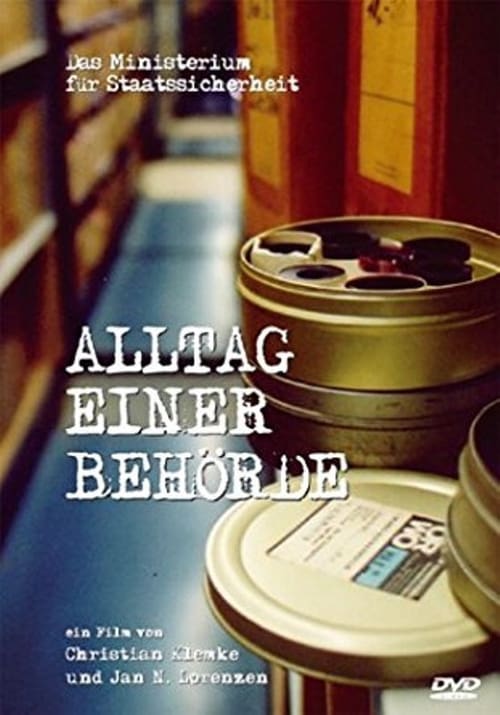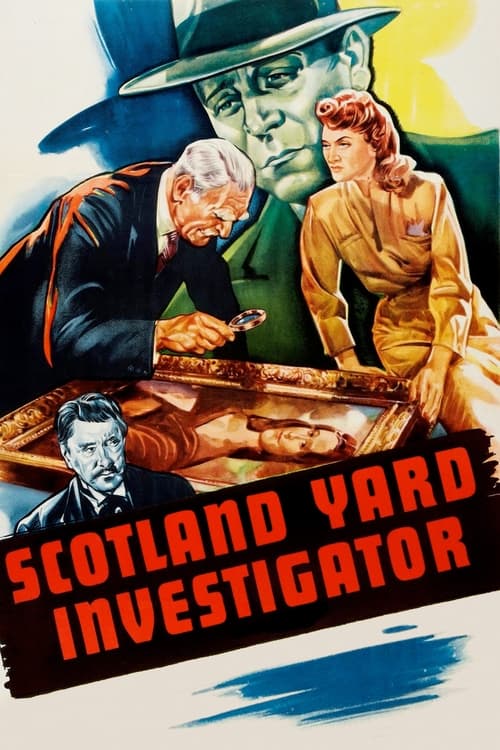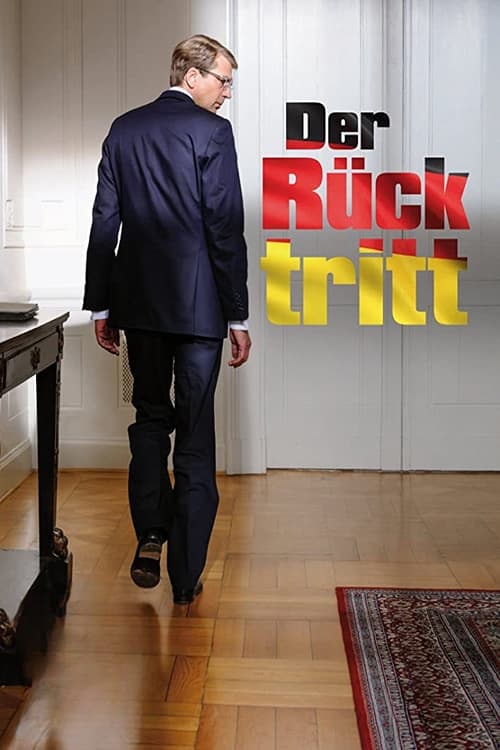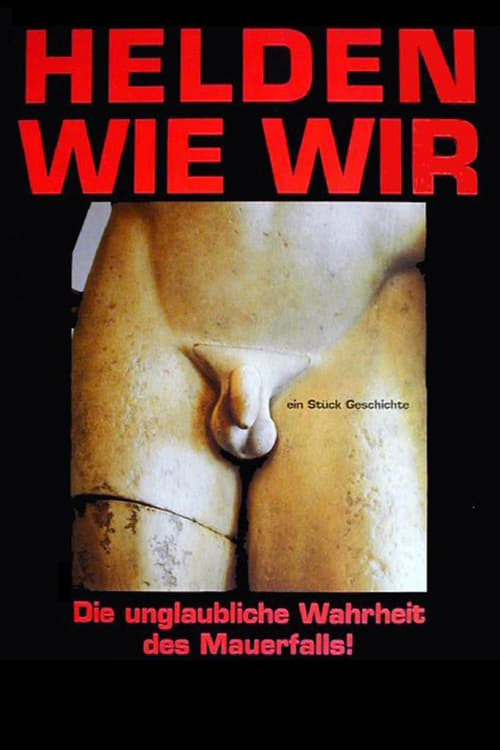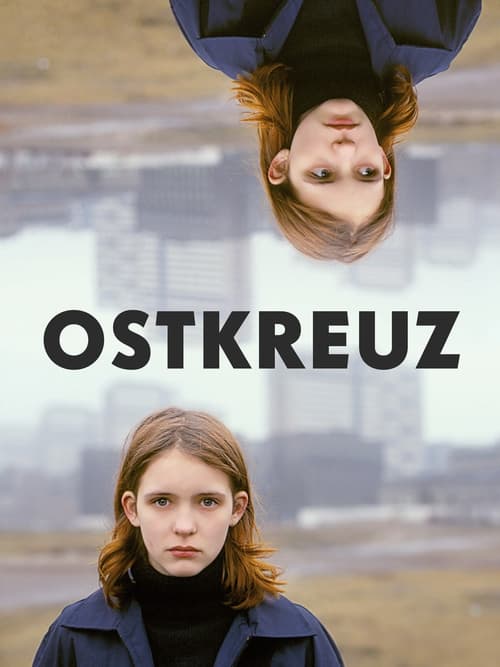Lars
East Berlin, 1985. Lars, a young Stasi Lieutenant, discovers his parents are underground smugglers. Now, with his commanding officer over for dinner, Lars struggles to reconcile his feeling of kinship with his ideology.
Cast

Heiko Obermöller
as Lars Weber

Thomas Mikusz
as Rudolf Schulz

Annette Remter
as Rosi Weber

Christopher Karl Johnson
as Gerald Weber

Claudia Loelke
as Edel Schulz

James Loren
as Father Herbert Müller


